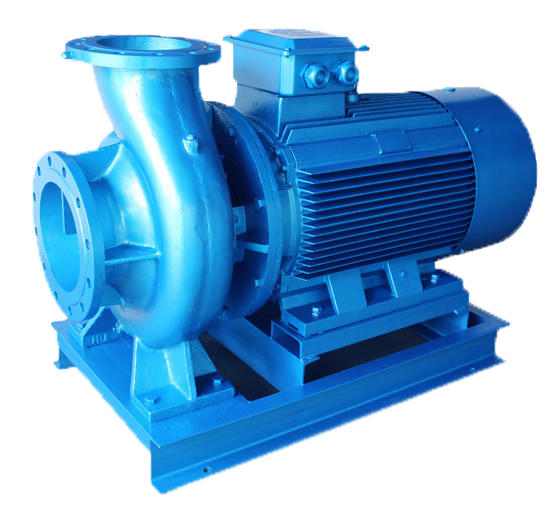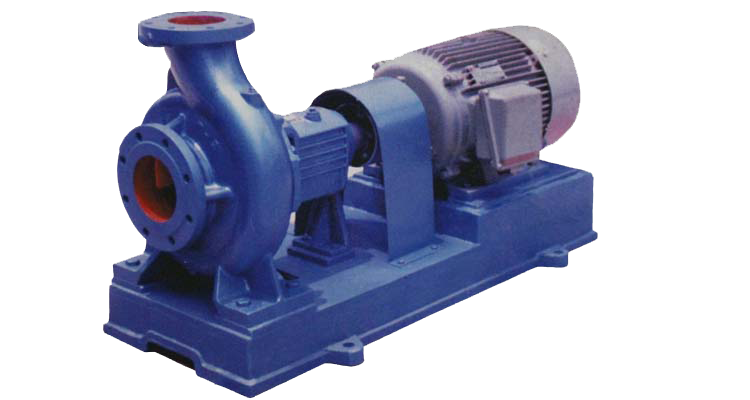The operating principle and common problem analysis of air conditioning pumps
1、 Definition and function of air conditioning pump
The air conditioning pump, also known as the circulation pump, is a key component of the air conditioning system, mainly used for circulating and supplying refrigerant.
Specifically, the workflow of the air conditioning pump is to suck in refrigerant from the evaporator, compress it, then cool it through the condenser, and circulate it to the evaporator to achieve the purpose of refrigeration.

2、 Working principle of air conditioning pump
The air conditioning pump mainly consists of a motor, rotor, pump body, bearings, and seals.
The motor drives the rotation of the rotor to drive the circulation of refrigerant in the pump body.
At the same time, the role of bearings and seals is to ensure the sealing and stability of the pump body, prevent refrigerant leakage and machine failures.
3、 Common problems and solutions of air conditioning pumps
1. High pump body noise: may be caused by pump body wear or internal motor failure, requiring replacement or repair.

2. Poor refrigeration effect: It may be caused by insufficient refrigerant flow rate or low compressor pressure, requiring monitoring and repair.
3. Pump body leakage: It may be caused by aging of the sealing components or internal corrosion of the pump body, and the sealing components need to be replaced or the pump body needs to be repaired.
4. Motor unresponsive: It may be caused by power supply issues or internal faults in the motor. It is necessary to check the power supply and motor for repair.
Through the analysis of the common problems mentioned above, it is believed that readers have a deeper understanding of air conditioning pumps and can better use and maintain the air conditioning system.
However, it is worth noting that when repairing and replacing the air conditioning pump, professional assistance should be sought to avoid losses or safety accidents.
